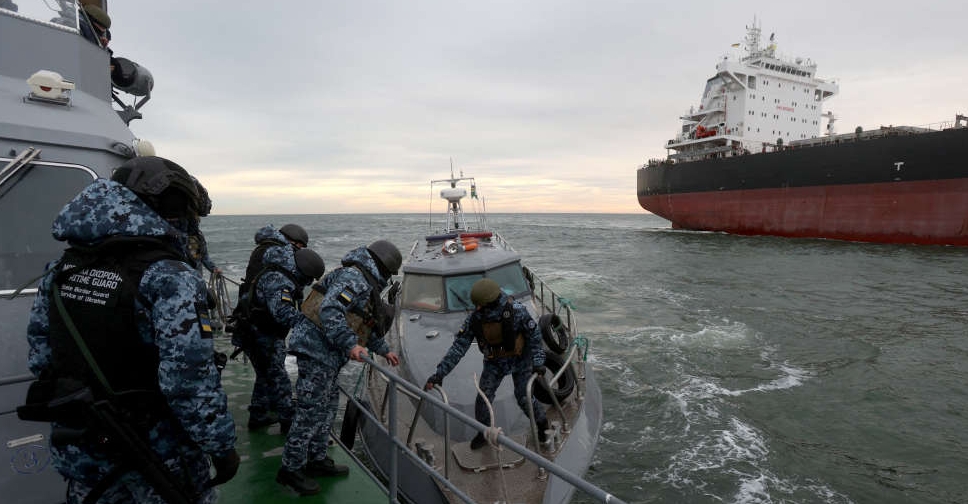
The United States reached separate deals on Tuesday with Ukraine and Russia to pause their attacks at sea and against energy targets, with Washington agreeing to push to lift some sanctions against Moscow.
While it was not clear when or how the Black Sea maritime security deals would start, the agreements are the first formal commitments by the two warring sides since the inauguration of President Donald Trump, who is pushing for an end to the war in Ukraine and a rapid rapprochement with Moscow that has alarmed Kyiv and European countries.
The US agreement with Russia goes further than the agreement with Ukraine, with Washington committing to help seek the lifting of international sanctions on Russian agriculture and fertiliser exports.
Shortly after the US announcements, the Kremlin said the Black Sea agreements would not come into effect unless links between some Russian banks and the international financial system were restored.
Ukrainian President Volodymyr Zelenskyy said his understanding was that the truce agreements did not require sanctions relief to come into force and would take effect immediately, calling the Kremlin's statement an attempt to "manipulate" the deals. "They are already trying to distort agreements and, in fact, deceive both our intermediaries and the entire world," Zelenskyy said in his nightly video address.
Kyiv and Moscow both said they would rely on Washington to enforce the deals, while expressing scepticism that the other side would abide by them. "We will need clear guarantees," said Russian Foreign Minister Sergei Lavrov. "And given the sad experience of agreements with just Kyiv, the guarantees can only be the result of an order from Washington to Zelenskyy and his team to do one thing and not the other."
Zelenskyy said if Russia violated them he would ask Trump to impose additional sanctions on Moscow and provide more weapons for Ukraine. "We have no faith in the Russians, but we will be constructive," he said.
In the hours following the announcements, both Russia and Ukraine accused each other of launching drone attacks, but there were no immediate reports of hits on Black Sea or energy targets.
Meanwhile Trump, in an interview with Newsmax, acknowledged that Russia could be trying to delay ending the war. "I think that Russia wants to see an end to it, but it could be they're dragging their feet. I've done it over the years," he said.
BROADER TRUCE PROSPECTS
The deals were reached after parallel talks in Saudi Arabia that followed separate phone calls last week between Trump and the two presidents, Zelenskyy and Vladimir Putin. If implemented, the deals could be the first significant step toward Trump's goal to achieve a more encompassing ceasefire in the war in Ukraine that Russia started with its full-scale invasion three years ago.
Putin rejected Trump's proposal for a full ceasefire lasting 30 days, which Ukraine had previously endorsed. "We are making a lot of progress," Trump told reporters on Tuesday, while adding there was "tremendous animosity" in the talks.
Washington has softened its rhetoric towards Russia in recent days, with Trump envoy Steve Witkoff saying he did not "regard Putin as a bad guy," alarming European officials who consider the Russian leader a dangerous enemy.
PAUSE ON ATTACKS ON ENERGY FACILITIES
The Kremlin said the pause in attacks on energy would last for 30 days from March 18, when Putin first discussed it with Trump. Ukraine had said last week it would accept such a pause only after a formal agreement.
The agreement on a truce at sea addresses an issue that was critical early in the war, when Russia imposed a de facto naval blockade on Ukraine, one of the world's biggest grain exporters, worsening a global food crisis.
More recently, maritime battles have been a comparatively small part of the war since Russia withdrew its naval forces from the eastern Black Sea after a number of successful Ukrainian attacks.
Kyiv has been able to reopen its ports and resume exports at around pre-war levels, despite the collapse of a previous UN-brokered Black Sea shipping agreement, but its ports have come under regular air attack. Zelenskyy said the agreement would bar such strikes.




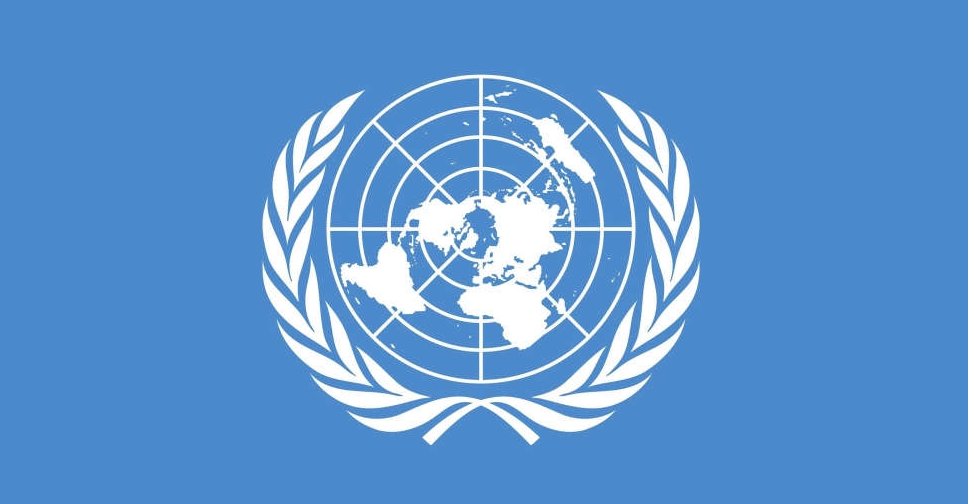 UN warns funding cuts threaten vital aid
UN warns funding cuts threaten vital aid
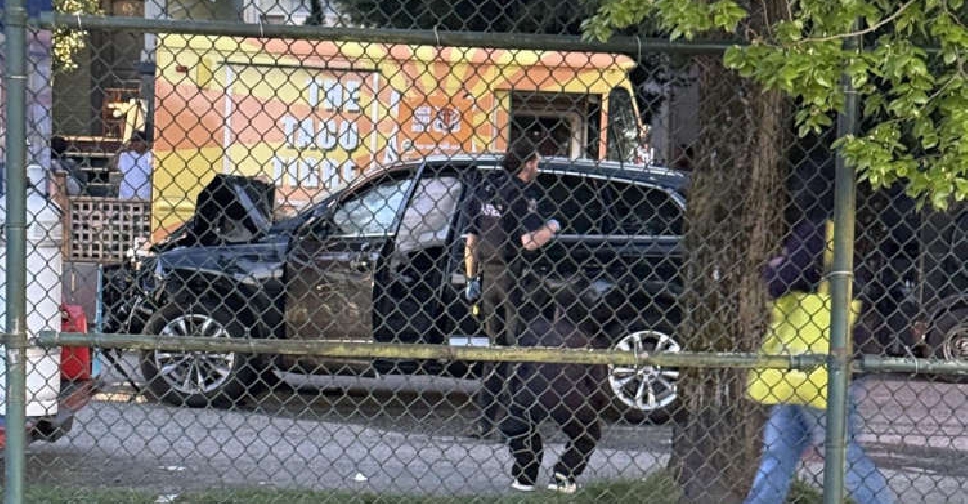 Multiple dead in Vancouver after vehicle plows into street festival
Multiple dead in Vancouver after vehicle plows into street festival
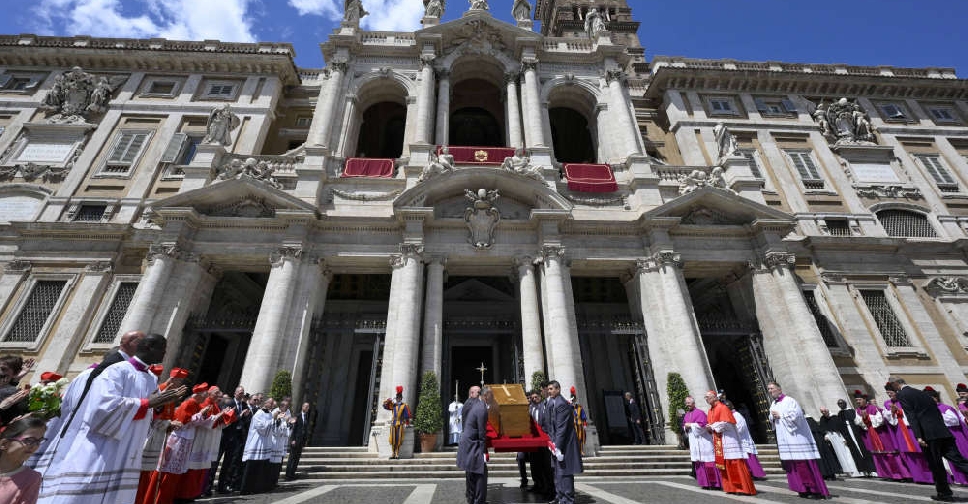 Rome and the world bid farewell to Pope Francis
Rome and the world bid farewell to Pope Francis
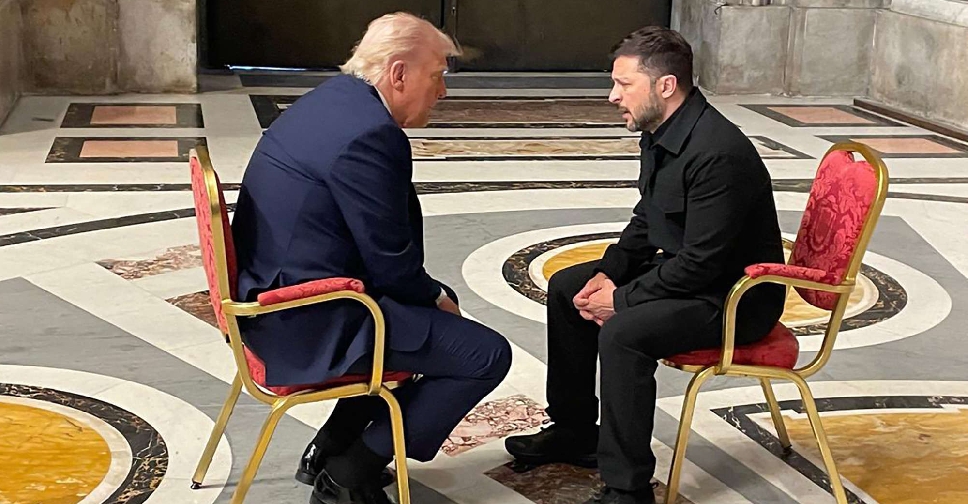 Trump, Zelenskyy meet in Vatican basilica to seek Ukraine peace
Trump, Zelenskyy meet in Vatican basilica to seek Ukraine peace

